While the 13th Amendment abolished slavery, it did nothing regarding the legal status of the former slaves. The 14th Amendment gave them citizenship and did much more. At the end of the American Civil War Congress passed the Civil Rights Act of 1866 granting US citizenship to former slaves. The constitutional authority off Congress to […]
Constitution’s “Origination Clause”: Why Revenue Bills Start in the House, Part 2
For Drafters of the Constitution, a vexing problem was to establish a government that would give life to the philosophies of the Declaration of Independence and meet the practical political considerations of merging diverse states of differing size and traditions into a nation. Among the solutions was the Constitution’s Origination Clause in Article I, Section […]
Constitution’s “Origination Clause”: Why Revenue Bills Start in the House, Part 1
This is Part 1 of a three part series discussing the Constitution’s Origination Clause. Part 2 explains the Senate procedure of “gut and replace”. Part 3 explains why “gut and replace” violates the Constitution. There are overriding principles embodied in the US Constitution, derived from the Declaration of Independence. These principles are beliefs about the […]
Two NSA decisions: One for the Constitution, One for the Government
On December 27, Federal Judge William Pauley, of the Southern District of New York, admitted everything that, on December 16th, Judge Richard Leon indicated was wrong with the National Security Agency’s Data Collection and Surveillance[1] program and, unlike Judge Leon, decided the program was reasonable, lawful and constitutional. Pauley Admits the Dangers to Liberty, but Trusts the Government […]
An Agency Theory of The Constitution as a Power of Attorney
“[W]e must never forget that it is a constitution we are expounding.” Chief Justice John Marshall, McCulloch v. Maryland (1819) Reviewing the 200 years of “expounding” the Constitution has undergone can be quite confounding. There have been hundreds of Supreme Court opinions. Legal scholars, lawyers, and judges engage in continuing debate over the proper method […]
Byron Donalds,The Talk: Part II, The Same Mistakes by the GOP
The second of a three part look at the 2012 elections and beyond. Read Part I Here! The GOP is a party in shambles. There is no solid leadership or sense of direction. There is internal fighting and jockeying for position. The same forces that have resulted in electoral defeat in 2006, 2008, and 2012, are […]
First Amendment to US Constitution: Right to Peaceable Assembly
The Constitution’s First Amendment contains limits on government interference with very well known unalienable rights: religion, speech and press. The Amendment specifically restricts government interference with an activity necessary to exercise the first three named rights: the need for people to gather to practice religion, to talk about issues and to distribute information. The right […]
Senators Cruz & Feinstein: An Exchange That Should Not be News
On March 14, 2013 one United States Senator asked another how legislation she was sponsoring comported with the United States Constitution. Senator Ted Cruz’ (R-TX) question to Senator Diane Feinstein (D-CA) generated a great deal of media coverage. Members of Congress discussing how a proposed law fits with the Constitution should not be news but […]
US Supreme Court Considers Challenge to Voting Rights Act
In 1965 Congress enacted and Lyndon Johnson signed the Voting Rights Act (VRA). The VRA was intended to deal specifically with roadblocks in place in certain states to voter registration by Black Americans. Certain provisions of the Act were originally set to expire in five years, but were renewed in 1970, 1975, 1982, and most […]
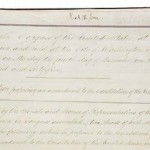
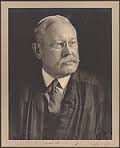
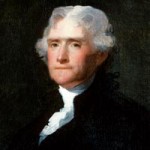



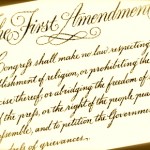

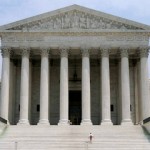






The Sword of Liberty: Constitutional Education and Adventure
Book Review: The Sword of Liberty by Loren J. Enns1 Thomas Jefferson expressed the sense of the Founders of the American Republic: “That whenever any Form of Government becomes destructive of these ends, it is the Right of the People to alter or to abolish it…” 2 The Constitution’s Article V reflects this principle, providing […]